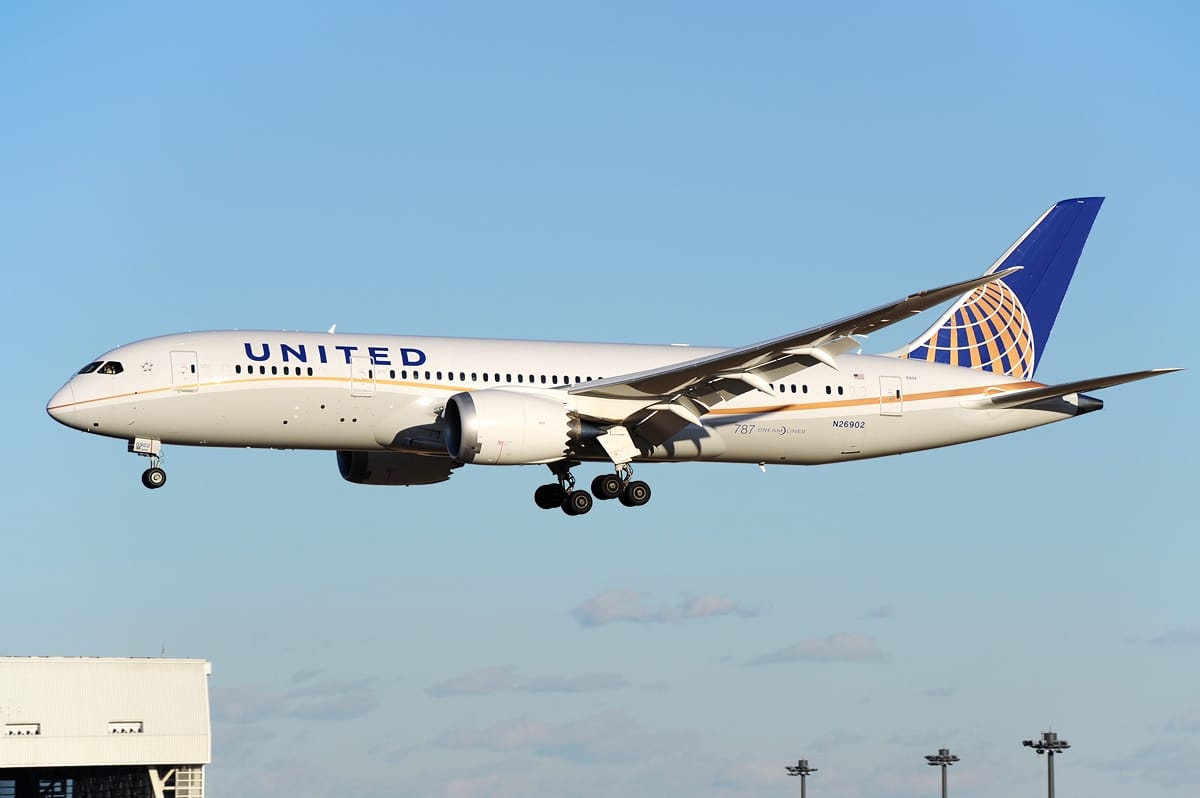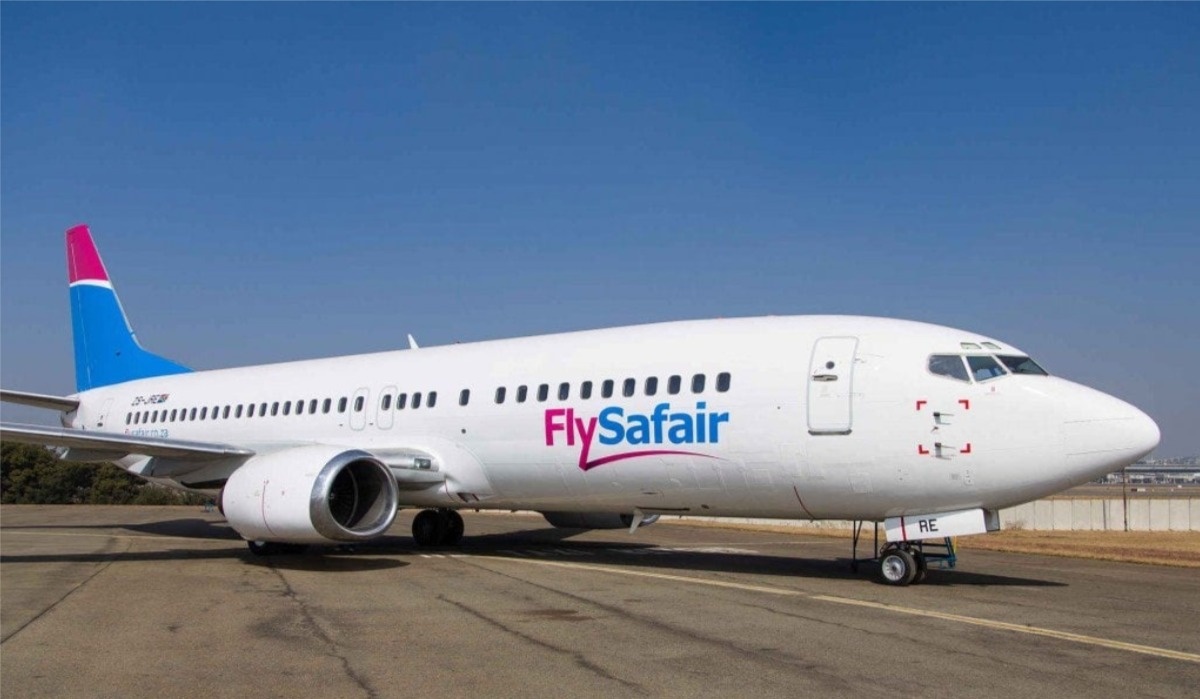The Argentine government has begun removing regulations on the commercial aviation industry. The national executive approved new norms establishing access to the air travel market, repealing rules, and modifying the Aeronautical Code through Decree 599/2024, which was published in the Official Gazette on Wednesday.
The measure affects permits allowing airlines to operate in Argentina. These permits will apply to domestic and international air passenger and cargo transport, for scheduled or non-scheduled services. They will also apply to airport operations and ramp services.
This initiative will allow more ramp operators into the market. Each airline will be allowed to choose its service provider. At present, Intercargo has exclusivity, although airlines including Flybondi and American Airlines provide their own services.
Airlines will be allowed to enter into any contract they wish. This was previously restricted. To do so, they will only need the approval of the National Civil Aviation Administration (ANAC).
The decree establishes that new operators should be allowed to access the market freely via a brief administrative procedure, promoting competition between companies. Regulations on air fares should be lifted, and companies will be free to set the frequency of services, as long as they include them in their initial business plan to ensure they meet safety standards. Airport capacity must be allocated transparently. State intervention should be “limited and efficient… aimed exclusively at preserving [these] principles,” the decree states. Operational security must be guaranteed and services will be subject to monitoring, it added.
Also included are “incentives for the creation of new commercial air routes and/or for the operation of new carriers” and the establishment of indicators and monitoring indexes based on operational efficiency, regularity, punctuality and planning.
The decree, which bears the signatures of President Javier Milei, Chief of Staff Guillermo Francos and Economy Minister Luis Caputo, instructs the authorities to “guarantee the principles of free market and free competition, subject to the rules of commercial loyalty,” while ensuring controls are in place to prevent companies from developing monopolies.
The Government stated that the reform of the Aeronautical Code respects international standards while seeking to “harmonize the domestic regime, to the extent possible, with those of the other MERCOSUR countries or other international organizations.”
Avoiding unnecessary delays
The amendments also include shorter deadlines for the procedures, to avoid “unnecessary delays […] thus optimizing the resources available to the administration.”
The decree focuses on “optimizing the available infrastructure” and “an efficient allocation of resources in an impartial, non-discriminatory and transparent manner.”
The reforms aim to bring about greater connectivity, more frequent services, and new airlines in Argentina, according to the Transport Secretariat. “This will generate more tourism in Argentina’s provinces, with more competitive fares so more people can fly,” the secretariat said.
The reforms also promote investment in the sector and strengthen operational safety. They were developed by working with companies in the sector, universities, and public and private technical teams. Overall, more than 80 industry participants were involved.
The Transport Secretariat said the government “has been developing a flight liberalization policy through bilateral agreements that promote the opening of skies with Ecuador, Brazil, Peru, Chile and Uruguay; also with Panama and Canada.” It added that more countries will join in the coming months.
Although the decree bears Caputo’s signature, the initiatives were developed by the Transport Secretariat and newly-minted deregulation minister, Federico Sturzenegger, who took office on Friday.



